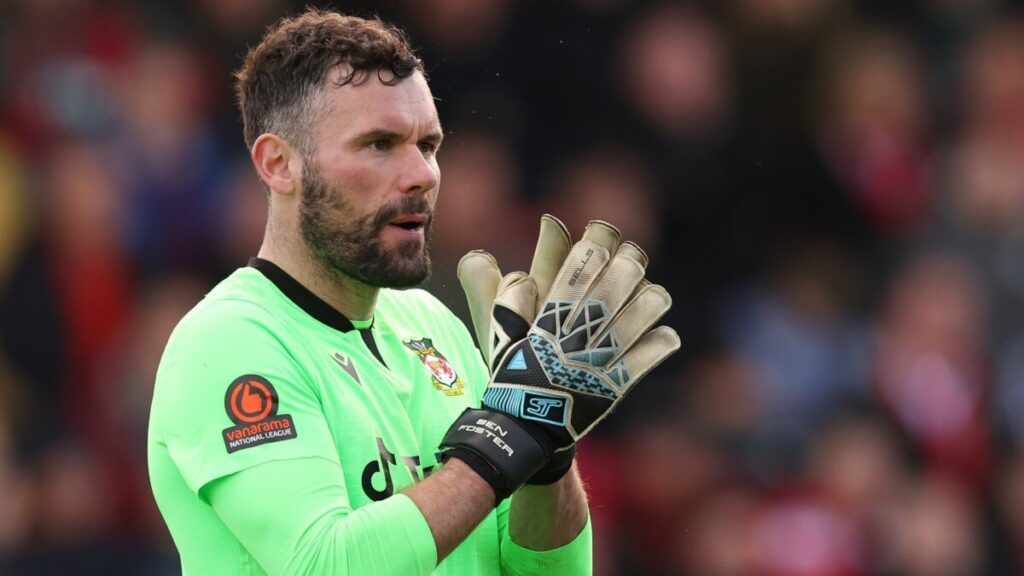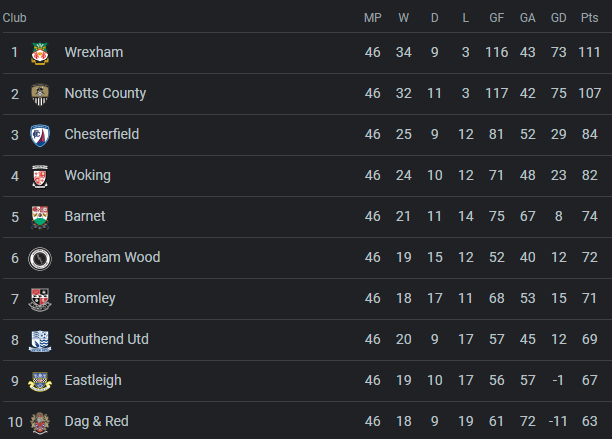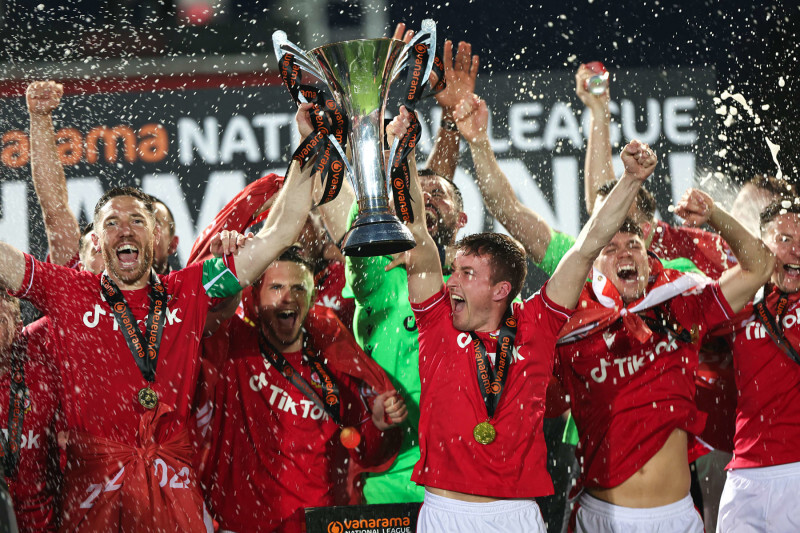Lucas Williams, Reporter
In November 2020, a mid-table National League team, Wrexham A.F.C, was bought out by American actors Ryan Reynolds and Rob McElhenney. Just two and a half years later, in April 2023, Wrexham was promoted to League 2 — smashing the single-season points record across the top 5 divisions of English football. This surge of success is no doubt a cause for celebration for the community surrounding Wrexham, but their rise to the top is not without its problems and critiques.
The celebrity owners, Rob and Ryan, wielded vast influence in their ascent to League Two — but more influential than all is their spending. The hefty investments into Wrexham have enabled the club to have greater spending power in transfer windows than many teams in the leagues above, let alone in their own league. This monetary support also enabled a bolstered wage bill of around £2.5m each season.
With these increased financial resources, new signings came pouring in from an unlikely place: the leagues above. Paul Mullin, a forward with 38 goals in 46 appearances, was hugely pivotal for Wrexham and was bought from Cambridge United which is a team that currently plays in League One (3rd flight of English Football). Another huge signing was Elliot Lee, an attacking midfielder bought from the Championship (2nd flight of English Football) side of Luton Town — a side that has since been promoted to the Premier League.
However, the signing that created the most disruption in the headlines was the signing of goalkeeper Ben Foster. Having retired from playing in the Premier League for Watford in recent years, and publicly sharing he had received offers from the likes of Newcastle, Ben Foster joined Wrexham for the last eight games of the season. Despite just turning 40, the decades of EPL experience and skill Foster has brought to the team cannot be understated. He went on to re-sign a one-year deal with Wrexham for their current season in League Two, though retired just 10 weeks after due to poor form.

The following question should therefore be posed. How has a club in the 5th tier of football managed to sign such high-profile players in comparison? It all comes down to the influence and global traction the owners were able to bring to the club.
Following the success of the documentary “Welcome to Wrexham”, the owners have had a huge bout of traction and influence to wield. Their global recognition is the largest of any side in the lower leagues of the EFL (English Football Leagues). Additionally, Wrexham has been placed in an advantageous position when negotiating with potential sponsorship partners. In 2021, they partnered with TikTok and Expedia, and no doubt more lucrative partnerships are destined for the future.
Wrexham’s advantage of a global audience and recognition could be further proliferated next season under the EFL’s streaming services through Sky Sports. When games are streamed between teams, each team receives compensation based on the game’s viewership. However, in the UK, there is a TV blackout on Saturdays from 3 pm to 6 pm that prohibits any games from any league from being played. Given Wrexham would be one of the only teams in the league with global recognition, they would draw in many viewers from other countries not subject to the blackout; thus their revenue from streaming is predicted to dwarf all other teams in comparison.
Okay, so we know all about Wrexham and their story now. But what does this mean and why is it so bad?
The transformation of Wrexham no doubt brought great prosperity to the club and surrounding community — but prosperity always comes at others’ misfortunes. The story of Wrexham’s rise essentially sets the precedent that coming into a league and pouring money into a club is noble and good for a community. Whilst certainly this benefits the affected club positively, the rest of the clubs in the league feel the repercussions of a lack of ability to compete simply due to too big a disparity in available resources.

Many would argue that the other teams without as much attention or funding will have their shot at promotion next season. But why should they be forced to wait until next season? For instance, Notts County was shy just 4 points of securing their promotion but lost out to Wrexham. They had severe shortcomings in their ability to spend in comparison and still performed nearly identically. Is it fair that they missed out? I think not.
Another fact is that there is nothing stopping another celebrity or wealthy person from imitating what Rob and Ryan did for Wrexham. If you think of the leagues as an ecosystem, Wrexham essentially transformed itself into an apex predator whilst all other clubs lacked sufficient backing and funding to compete and became prey. But the upsetting truth is that even some of the prey still managed to put up a really good fight. Add a few more apex predators, and the whole ecosystem might crumble.
The intention of clubs, especially in the lower divisions, is to sustain their community and passion among the fans. This promotes an atmosphere of fervently passionate fans who root for their club above all else and keeps a strong sense of balance where all clubs remain relatively comparable and there is a true contest for positions on the league table. Unfortunately, this intention has been unmet these past couple of years since the Wrexham takeover.
Yet football is no stranger to takeovers and foreign investments. In the upper leagues, it is a hugely prevalent issue with Saudi and Russian oligarchs. Though this story is something new, Wrexham has demonstrated how this issue is beginning to root itself down into the lower leagues – where the focus should really be on local communities in towns.
I’m not saying Rob and Ryan are bad owners. I’m not saying that they ruined lower-league football. And I’m not saying that their arrival is all negative.
What I am saying is that if foreign takeovers and huge spending disparities become commonplace in lower-league football, then local communities and any sense of competition will be adversely affected. Fans should hope that the story of Wrexham is just a one-off tale and not a trend for what is to come.




